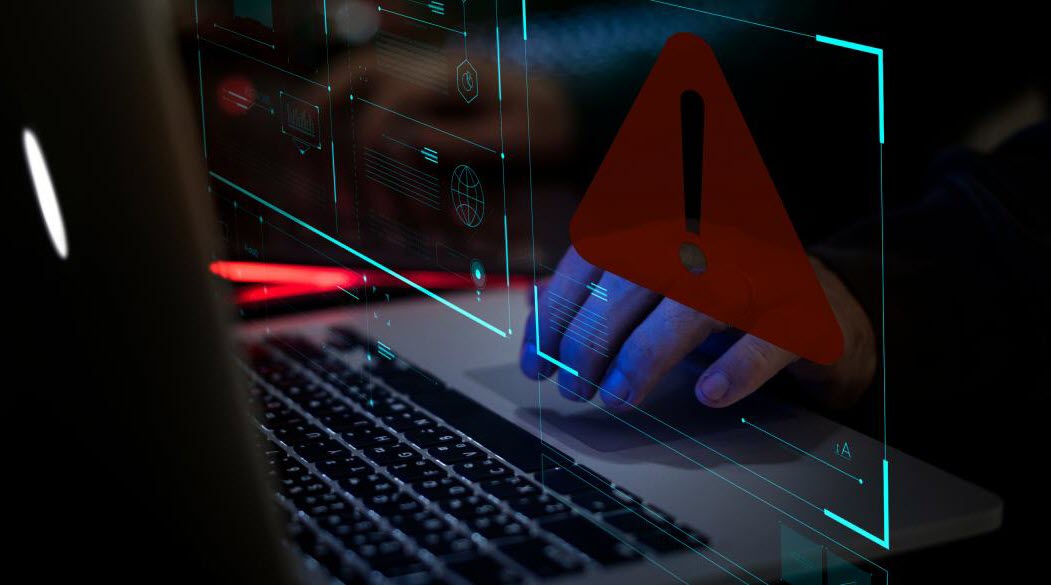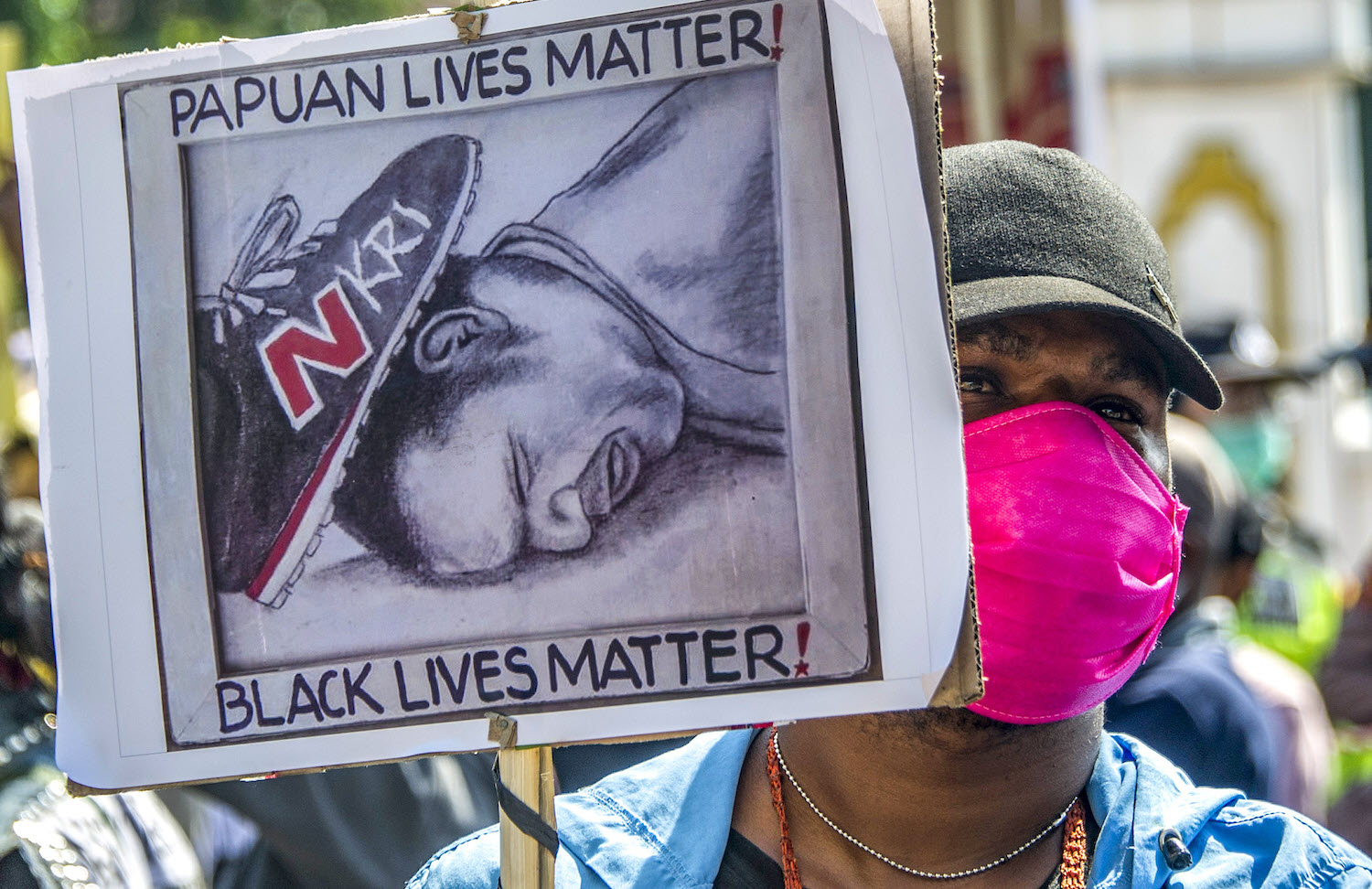Contemporary activism increasingly relies on the use of the internet and digital tools. The dominant narrative is that these technologies are democratising – a force for empowerment, particularly in marginalised communities and the Global South.
While the debate over the value of digital activism goes on, there is little doubt that online organising is at least partially effective. But what happens when the digital tools employed by activists are turned against them?
Indonesia has one of the fastest growing digital economies in Southeast Asia. Earlier this year, the World Bank published a report lauding the host of opportunities for the country to leverage digital technologies for greater inclusion.
However, activists’ use of digital platforms and social media creates multiple points of exposure that bad actors and authoritarian governments are able to exploit.
Last year, Amnesty International called for an end to a wave of digital attacks on students, journalists and activists in Indonesia after conducting its own research into the phenomenon.

From 22 April to 11 June 2020, Amnesty recorded 29 incidents in which Indonesian students, academics, journalists and activists suffered online harassment for either criticising the government or discussing politically sensitive issues such as human rights abuses in Papua.
The intimidation – which was almost all conducted using digital tools – included credential theft of WhatsApp and social media accounts, spam calls from unidentified international numbers, and intrusions during online discussions.
Many of the attacks targeted activists raising the issue of systemic racism against Papuan people, or the #PapuanLivesMatter (PLM) movement (inspired by the global #BlackLivesMatter protests following the brutal murder of George Floyd).
In one of the incidents, an Amnesty International Indonesia webinar to discuss racism in Papua was disrupted by spam calls and intrusions. Three of the speakers were bombarded by robocalls from unidentified foreign numbers during the discussion.
The webinar was also repeatedly disrupted by Zoombombing incidents – a form of cyber-harassment in which unwanted and uninvited users interrupt online meetings over Zoom video conference calls.

In another, the University of Indonesia student executive body faced intimidation when it decided to hold an online discussion on racism against Papuans, with the WhatsApp account of the contact person being taken over two hours before the event.
For Amnesty, the attacks not only amount to a breach of the right to freedom of opinion and expression (under the International Covenant on Civil and Political Rights), but also violate the right to privacy – which the charity says should extend to digital privacy. As such, Amnesty has called on Indonesian authorities to respect, protect, promote and fulfil their international human rights obligations by cracking down on these attacks.
Action is clearly needed to tackle this kind of digital harassment. At the same time, it’s evident that the most marginalised groups in society (offline) are often also the most vulnerable to cyber intimidation (online).
While the World Bank is worrying about boosting the digital economy to accelerate development, perhaps a bigger issue is how we dismantle the historical power structures that repress rights defenders fighting to end state-sanctioned violence and racism.
What do you think can or should be done to protect activists against cyberattacks? And how should the international community respond when authoritarian governments take advantage of technology to control, silence, and punish dissent? I’m looking forward to hearing your thoughts as always, dear reader.
And in case you’re interested. Who am I?
- A journalist-turned comms professional
- A student on Malmö University’s Communication for Development MA
- One member of the five-strong team of women behind New Media. New World.
Thank you for being here : )
